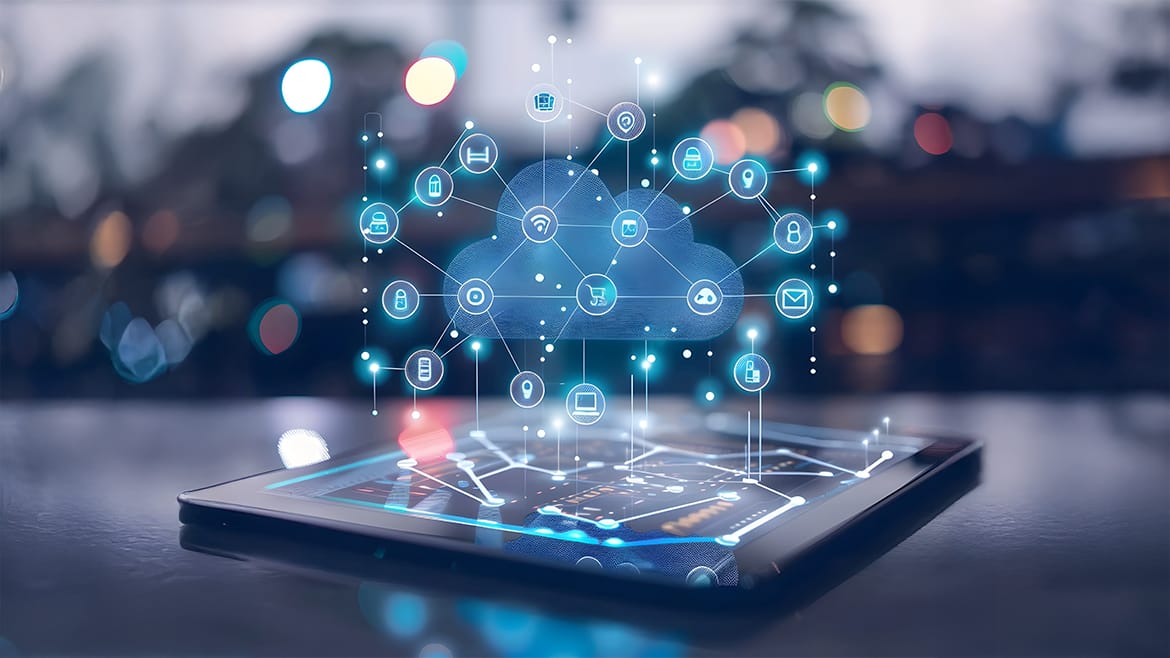Table of Contents
The Internet of Things (IoT) revolutionized the way devices communicate, creating a hyper-connected world where smart homes, autonomous vehicles, and industrial automation thrive. But IoT is just the beginning. The next frontier is the Internet of Everything (IoE)—a paradigm that goes beyond connecting devices to integrating people, processes, data, and things into an intelligent, seamless digital ecosystem.
What is the Internet of Everything (IoE)?
Unlike traditional IoT, which focuses on device-to-device connectivity, IoE extends this concept to include human interactions, intelligent decision-making, and real-time automation. It consists of four core elements:
- People : Enhanced human-machine interactions using AI, wearables, and biometric technology.
- Processes : Intelligent automation that ensures the right information reaches the right person/device at the right time.
- Data : Advanced analytics and AI-driven insights transforming raw data into actionable intelligence.
- Things : Smart devices and sensors embedded in every aspect of daily life.
How IoE Will Transform Industries
- Smart Cities : AI-powered traffic systems, automated waste management, and predictive infrastructure maintenance will optimize urban living.
- Healthcare : IoE-enabled remote patient monitoring, smart prosthetics, and AI-assisted diagnostics will revolutionize medical care.
- Manufacturing : Hyper-connected factories using AI-driven robotics and predictive maintenance will enhance efficiency.
- Retail & Finance : Personalized shopping experiences, AI-driven customer support, and blockchain-enhanced transactions will redefine commerce.
Challenges & Ethical Considerations
While IoE offers unprecedented advantages, it also raises concerns about data privacy, cybersecurity, and ethical AI use. As more aspects of life become interconnected, robust regulatory frameworks and cybersecurity measures will be essential to prevent misuse.
The Road Ahead
The Internet of Everything marks a shift from mere connectivity to intelligent, adaptive ecosystems that anticipate needs, automate decisions, and enhance human potential. The future isn’t just about smart devices—it’s about a smart, connected world where technology works seamlessly with humans to create a more efficient, personalized, and intelligent society.


